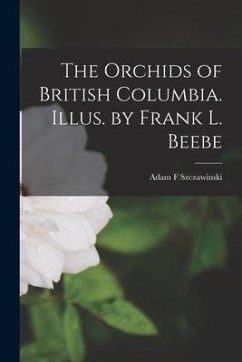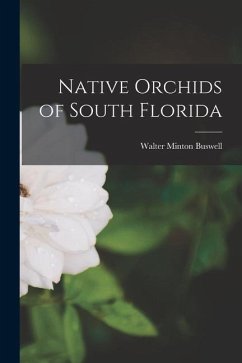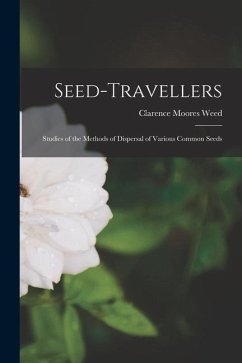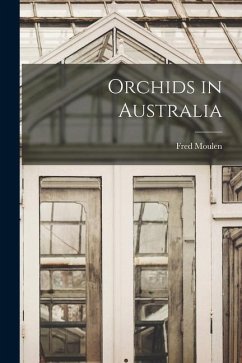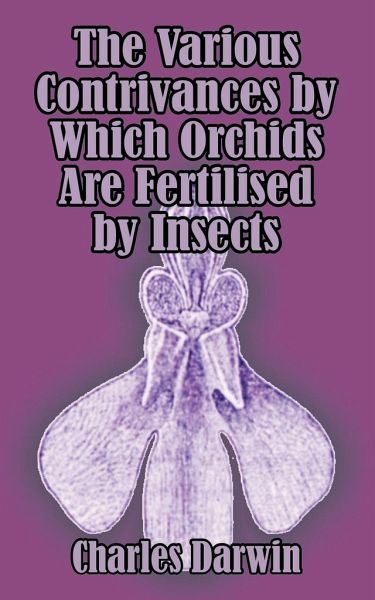
Various Contrivances by Which Orchids are Fertilised by Insects, The
Versandkostenfrei!
Versandfertig in 1-2 Wochen
20,99 €
inkl. MwSt.

PAYBACK Punkte
10 °P sammeln!
"The object of the following work is to show that the contrivances by which Orchids are fertilised, are as varied and almost as perfect as any of the most beautiful adaptations in the animal kingdom; and, secondly, to show that these contrivances have for their main object the fertilisation of each flower. In my volume 'On the Origin of Species' I have given only general reasons for my belief that it is apparently a universal law of nature that organic beings require an occasional cross with another individual; or, which is almost the same thing, that no hermaphrodite fertilises itself for a p...
"The object of the following work is to show that the contrivances by which Orchids are fertilised, are as varied and almost as perfect as any of the most beautiful adaptations in the animal kingdom; and, secondly, to show that these contrivances have for their main object the fertilisation of each flower. In my volume 'On the Origin of Species' I have given only general reasons for my belief that it is apparently a universal law of nature that organic beings require an occasional cross with another individual; or, which is almost the same thing, that no hermaphrodite fertilises itself for a perpetuity of generations. Having been blamed for propounding this doctrine without giving ample facts, for which I had not, in that work, sufficient space, I wish to show that I have not spoken without having gone into details." - Charles Darwin Asa Gray is quoted as saying, "if the Orchid-book (with a few trifling omissions) had appeared before the 'Origin' the author would have been canonised rather than anathematised by the natural theologians."



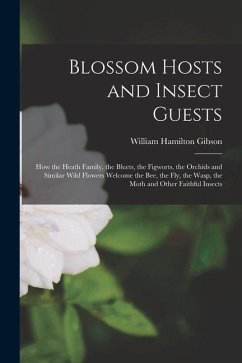
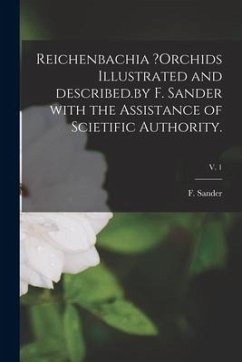
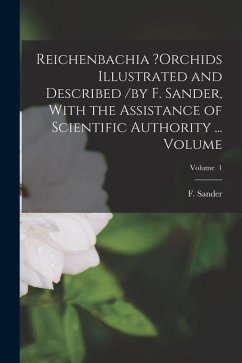
![Insects, Fungous Diseases, Treatments [microform]: Evidence of Dr. James Fletcher, Entomologist and Botanist, Before the Select Standing Committee on Cover Insects, Fungous Diseases, Treatments [microform]: Evidence of Dr. James Fletcher, Entomologist and Botanist, Before the Select Standing Committee on](https://bilder.buecher.de/produkte/65/65593/65593903n.jpg)

